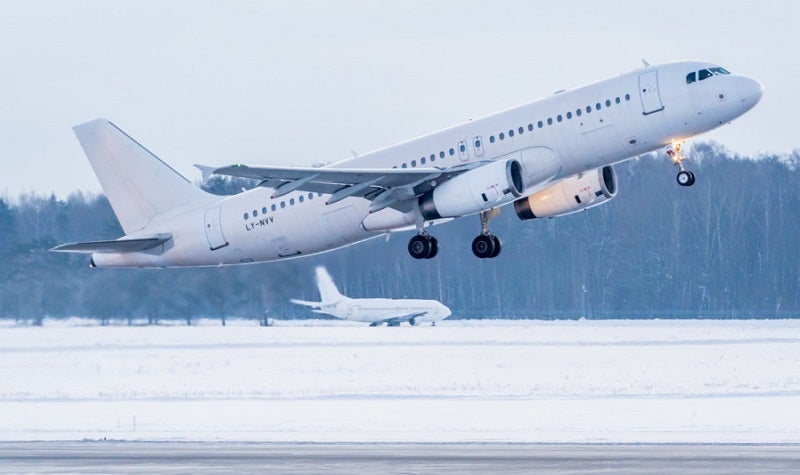
Vilnius Airport (VNO) in Lithuania has announced plans to build an automated aircraft de-icing recycling plant next year, for improving aircraft service quality and to make the airport more environmentally friendly.
Lithuanian Airports, which manages Vilnius, announced a public procurement tender to design and build the plant, as well as install technological equipment.
To be built as part of the ongoing reconstruction of Vilnius Airport, the new de-icing liquid recycling plant will be partly financed by the European Union (EU).
The finalised tenderer will be responsible for the installation of storage and concentrated sewage tanks, and a separate facility featuring treatment technologies.
A total of four de-icing sites will be installed at Vilnius Airport, of which two will be built on the north side of the airport, while the other on the south side.
Upon completion, the recycling plant will enhance the efficiency of operational processes.
How well do you really know your competitors?
Access the most comprehensive Company Profiles on the market, powered by GlobalData. Save hours of research. Gain competitive edge.

Thank you!
Your download email will arrive shortly
Not ready to buy yet? Download a free sample
We are confident about the unique quality of our Company Profiles. However, we want you to make the most beneficial decision for your business, so we offer a free sample that you can download by submitting the below form
By GlobalDataLithuanian Airports Operations and Infrastructure Department head Dainius Čiuplis said: “Greater flight safety and the speed of operations at the airport are undoubtedly the main objectives of this project.
“We strive to maximise the adaptation of our infrastructure to the period when aviation flows will start growing again. In this context of future growth, the need for the efficiency of anti-icing processes will remain relevant.”
The de-icing process involves the removal of snow and ice layer from the aircraft and is very important during the cold season to ensure flight safety.
In this process, an additional protective coating is also used, which prevents ice formation for a certain period.
During this process, the materials collected on surface sewage networks will be transferred to a treatment facility in the southern part of the airport, re-treated and moved to appropriate tanks.
Certain separated materials can also be used as after treatment raw materials to produce de-icing fluids and for other applications and support the airport’s sustainability objectives.
Lithuanian Airports officials said that they are also exploring an option to use the Vilnius treatment facility to treat sewage generated at the airports of Kaunas and Palanga.







